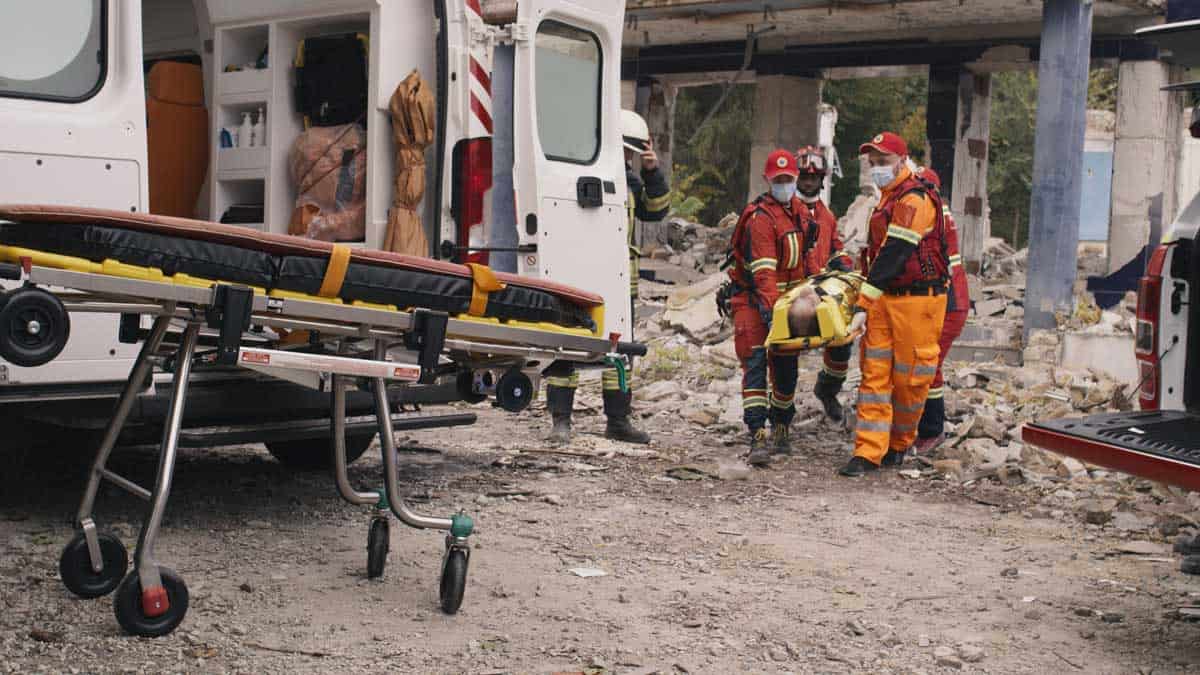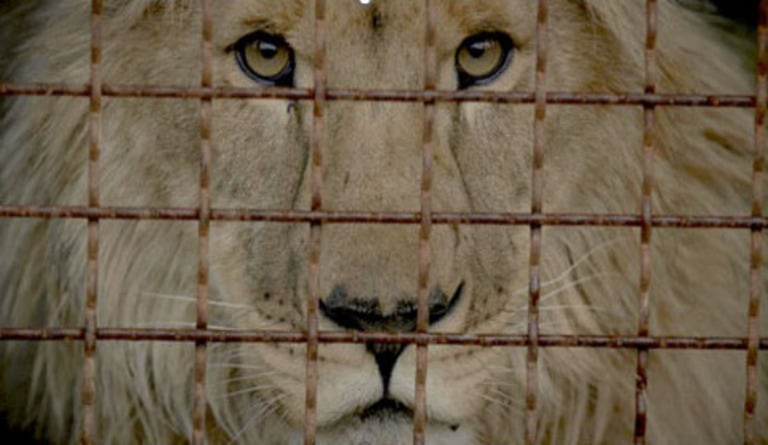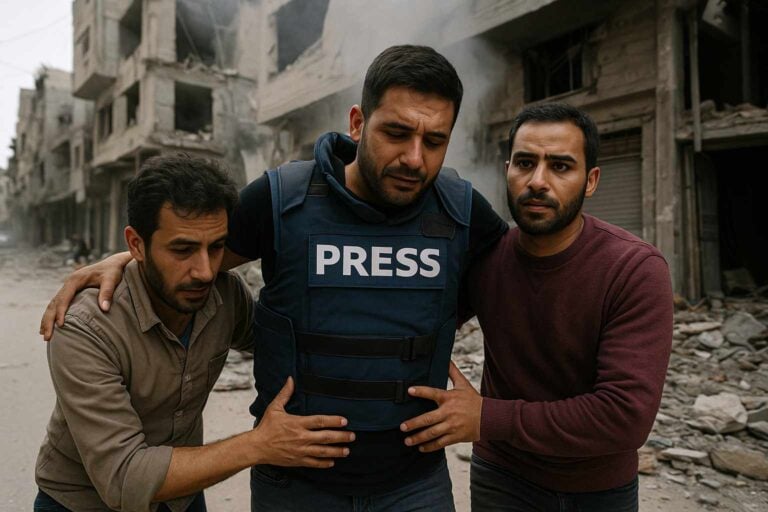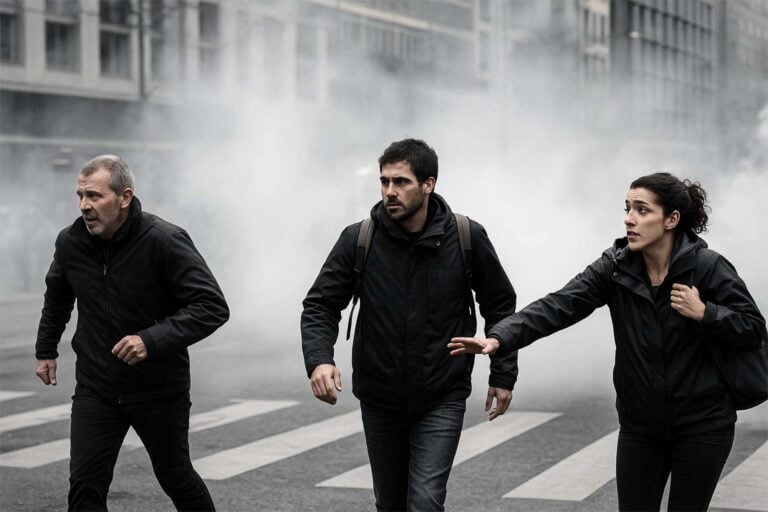Yes, I’ve seen it happen...
Let me put you there with me, in the field: We’re in a country where things have just blown up. There’s shelling in the streets, and you’re trying to get your head around what’s left of the safety protocols. Suddenly, a colleague—let’s call him Tom—gets hit. Not by a stray bullet, but by something far less cinematic: a collapsed ceiling, a wrecked car, a bad fall running for cover. Tom’s in agony, and the local clinic is overwhelmed, under-resourced.
He needs out, fast.
We go through the motions: call the insurance company. We’ve all got that card in our wallets, the one that’s supposed to be our lifeline. But when we describe the situation—the war zone, the collapsing infrastructure, the fact that Tom is a journalist, not a tourist—there’s a pause. Then, the words that cut like a knife: “I’m sorry, but your policy doesn’t cover this type of incident.” The reason? The area is “too high risk.” The injury is “not eligible” because of “acts of war” or because “government travel advisories” were already in place. The exclusions, hidden in the small print, swallow the promise of protection.
I’ve watched Tom’s face go from hope to panic. Then to something worse: resignation. That’s the hardest part. The fight drains out of him. His friends, his colleagues, we rally—calling embassies, NGOs, anyone who might help. Sometimes, it works. Often, it doesn’t. That’s when you realise the real cost of insurance that wasn’t built for the world we actually live in.
What It Feels Like
There’s a particular kind of isolation that comes with this moment. You’re surrounded by people, but you’re alone. The system—the one you paid into, trusted to have your back—has turned its back on you. It’s not just about money or logistics. It’s about dignity. You’re reminded, brutally, that in the eyes of your insurer, you’re a statistic, not a person.
I’ve heard colleagues on satellite phones, voices tight with fear and frustration, arguing with call centre staff half a world away. I’ve seen us pooling cash to pay for a private evacuation, because the insurance company won’t budge. And I’ve sat at bedsides in third-rate hospitals, listening to the groans of the untreated, wondering if it could have been different with the right cover.
The Hard Truth
This isn’t rare. It’s routine. Standard insurance wasn’t written for war zones. It wasn’t designed for journalists, aid workers, or anyone who steps into chaos for a living. When you need help the most, that’s when you find out just how fragile your safety net really is.
Its something to think about
If you’re heading into hostile environments—whether for the first time or the hundredth—don’t make the mistake I’ve seen too many colleagues make. Don’t assume your insurance will be there when you need it. Read the policy. Ask the hard questions. Demand clarity. And if you’re serious about your safety, seek out specialist cover. There are organisations—like NGS—that understand the risks we take and are built to respond when everything goes wrong.
Don’t wait until you’re the one on the phone, hearing “I’m sorry, we can’t help you.” Make sure your safety net is real, not an illusion.
Editors note:
All names and locations redacted for reasons of security.
Dialogue compiled from a client discussion in Autumn 2024




